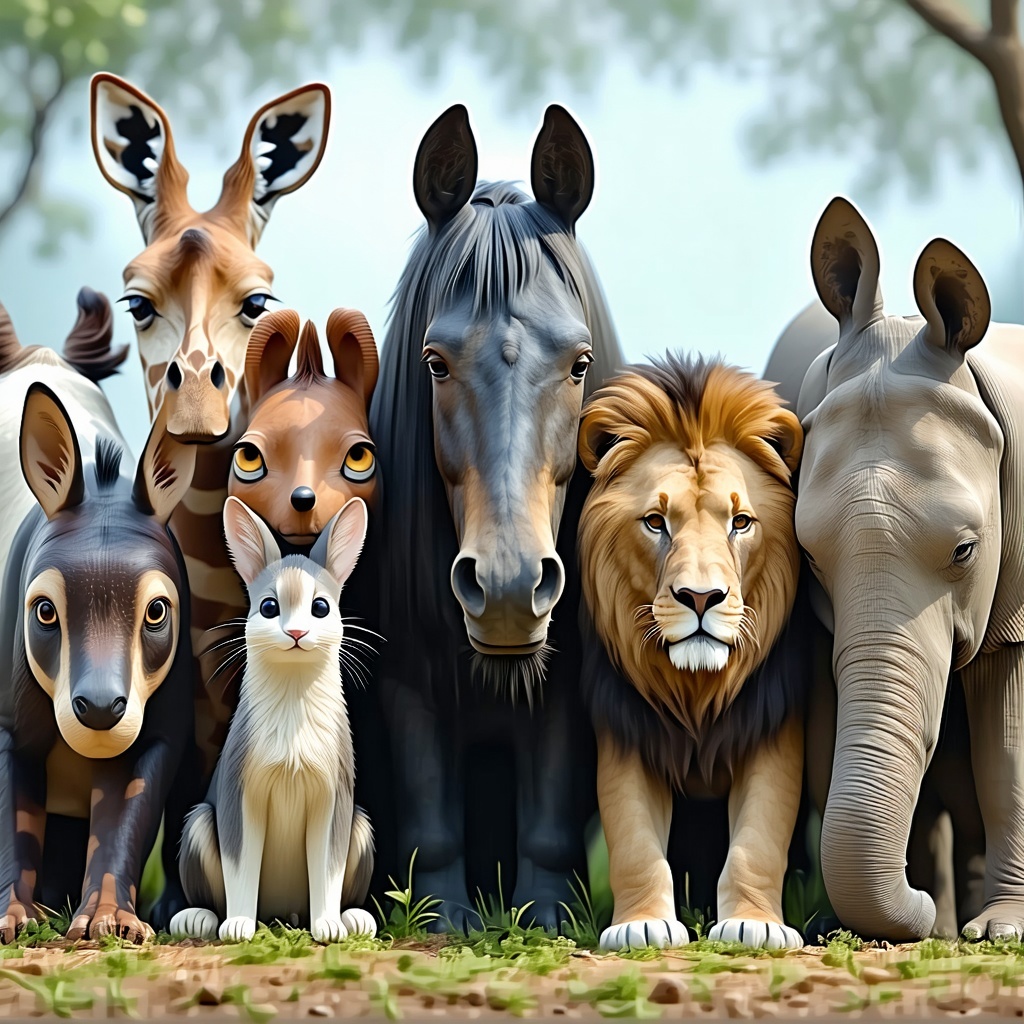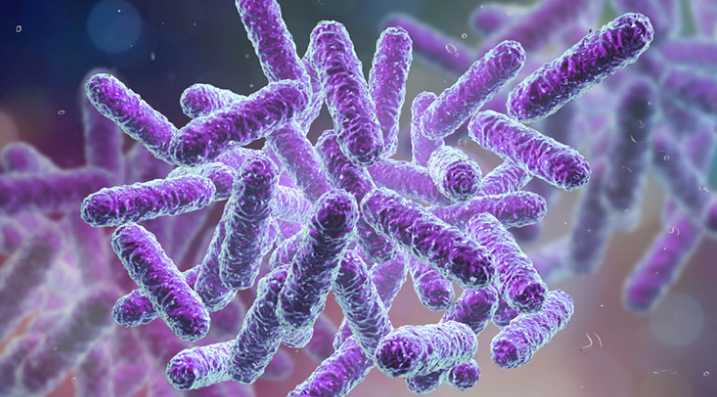Gut Microbiome for Nutrition & Probiotic Development
The gut microbiome, an intricate ecosystem of trillions of microorganisms living throughout the human gastrointestinal tract, plays a crucial role in...
3 min read
 Manoj Dadlani
:
Jul 21, 2025 5:49:15 AM
Manoj Dadlani
:
Jul 21, 2025 5:49:15 AM

The gut microbiome has emerged as a critical regulator of animal physiology, influencing everything from digestion and immune function to stress response and social interaction.
As research into gut microbial communities deepens, scientists are uncovering striking connections between gut microbiome composition and animal behavior, redefining how we understand wellness in both companion animals and wild and captive vertebrates. In this article, we will explore several key areas where animal gut microbiota research is revealing transformative potential when it comes to animal health and behavior.
At Cmbio, we support this evolving field through cutting-edge Animal Microbiome Research and analysis, helping researchers, veterinarians, and animal health companies unlock new insights into host health using multi-omics approaches.
Ongoing research continues to confirm that gut microbes play a foundational role in animal health and behavioral patterns. These microorganisms influence neurochemical pathways, metabolic processes, health outcomes, and even social interactions.
The gut-brain axis is a two-way communication pathway between the gastrointestinal tract and the central nervous system, with the intestinal microbiota playing a pivotal role. These microbes influence the production of key neurotransmitters such as serotonin, dopamine, and GABA, directly affecting mood, stress responses, and cognition. Examples from research include:
These findings underscore the potential for microbiome-based diagnostics and interventions for behavioral and physical conditions in both domestic and wild and captive animals.
The gut microbial community is essential for digestion, nutrient absorption, and immune regulation. Beneficial microbes (including lactic acid bacteria) support metabolic functions, fortify bacterial cell membranes, and inhibit colonisation by pathogenic bacteria.
Imbalances in this ecosystem (known as microbial dysbiosis) have been linked to:
Social behaviors don’t just reflect microbial health, they may also shape it, according to recent research. Animals that engage in grooming or communal feeding often share intestinal microbiota, creating a feedback loop between environment, social structure, and biology.
Key findings include:
These dynamics have wide-reaching implications for conservation, species reintroduction, and welfare programs across wild and captive animals.
As microbiome science evolves, its value as a biomarker for animal welfare is becoming clearer. Non-invasive fecal sampling allows for regular monitoring of microbial markers, including short chain fatty acids and other microbial metabolites, to track the overall health of the gut microbial community.
This opens the door to personalized dietary interventions, probiotic supplements, and preventative strategies for stress, infection, and disease. By integrating microbiome analysis into veterinary care and wildlife research, we can proactively manage health outcomes at both individual and population levels.
Cmbio offers a comprehensive suite of multi-omics services designed for researchers and professionals focused on animal health. Our expertise includes:
Our services help identify patterns in gut microbiota composition that influence both animal behavior and human health, allowing for the development of next-gen diagnostics, treatments, and nutrition strategies tailored to individual animals or species.
Explore our full Animal Microbiome Research services or contact us to discuss your project needs.
The mammalian gut microbiome plays a central role in maintaining animal health by supporting immune system function, promoting microbial diversity, and enhancing intestinal barrier function. Beneficial bacteria help regulate immune responses, metabolize bile acids, and protect against pathogens, making gut microbial composition a key focus in veterinary medicine.
Gut microbial diversity directly influences physical and behavioral health through its impact on immune responses, nutrient metabolism, and the stability of the intestinal barrier. Shifts in gut microbial composition (due to factors like diet or antibiotic treatment) can disrupt the balance of beneficial bacteria and lead to disease, highlighting gut microbiome importance in veterinary medicine.
In livestock, a healthy gut microbial composition improves feed conversion, supports the immune system, and helps regulate bile acids for optimal digestion. High gut microbial diversity and strong intestinal barrier function reduce the need for antibiotic treatment and contribute to more resilient and productive animals, an increasing priority in veterinary medicine.
Probiotics introduce beneficial bacteria that enhance gut microbial diversity, strengthen the intestinal barrier, and support the immune system. They can improve gut microbiota quality and modulate immune responses, making them a valuable tool in reducing dependency on antibiotic treatment and supporting animal well-being in modern veterinary medicine.
.webp)
The gut microbiome, an intricate ecosystem of trillions of microorganisms living throughout the human gastrointestinal tract, plays a crucial role in...

6 min read
Metagenomics is the study of genetic material recovered directly from environmental samples. It is a relatively new field that has been made...

Your mouth is home to a thriving community of tiny organisms, collectively known as the oral microbiome. These microbes—including bacteria, fungi,...